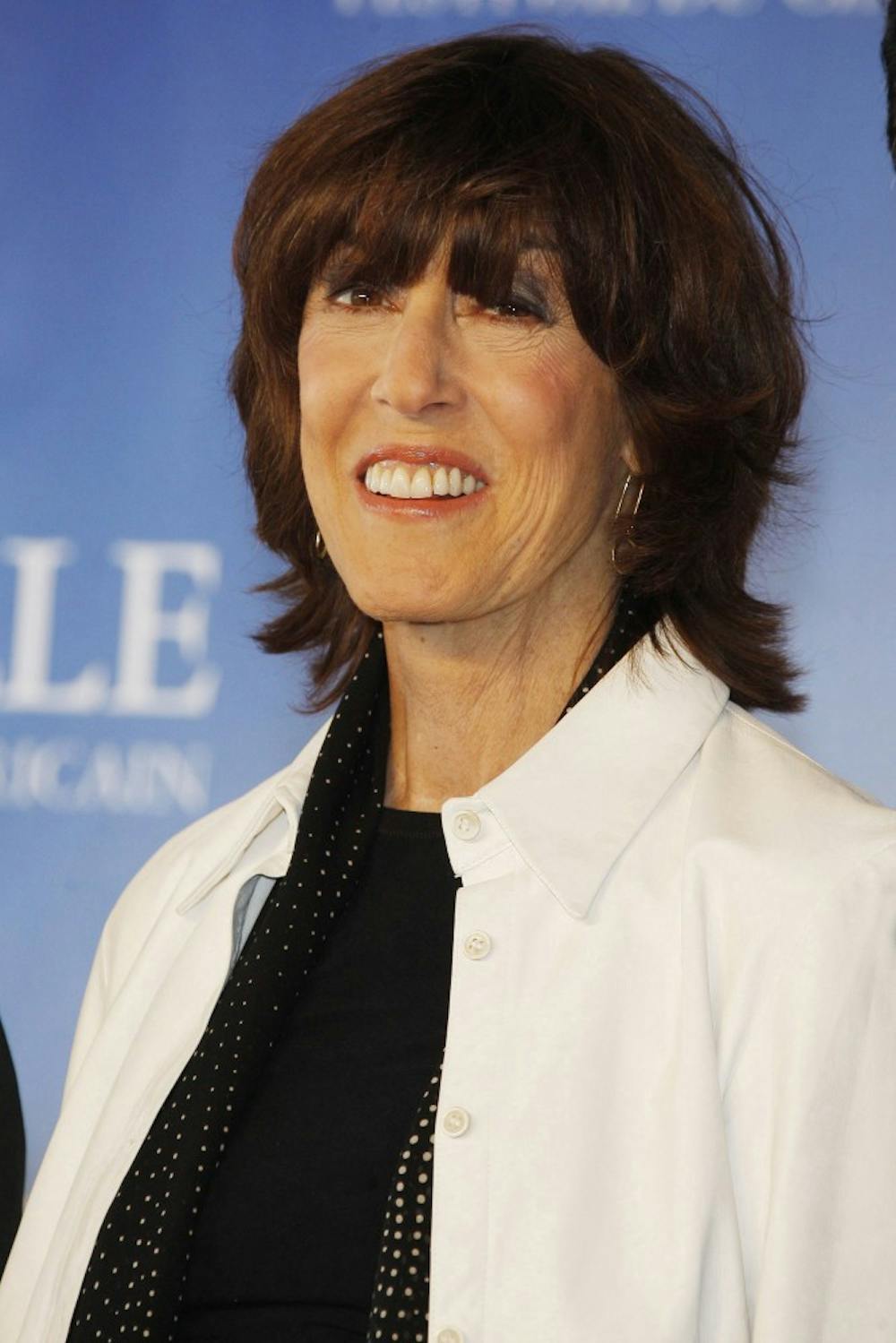Although female filmmakers are less common and often less recognized than their male counterparts, the films created by talented women should not be overlooked.
Women’s History Month, acknowledged annually from March 1-31, is the perfect time to celebrate the valuable role that women play in the world of cinema and the acclaimed contributions females have given to film.
Next time you’re browsing Netflix for that movie night flick, consider choosing one of these five films directed by females for entertainment that honors the important presence of women in cinema.
“American Psycho” (2000)
Directed by Mary Harron, “American Psycho” deals with the frightening inner workings of the mind of a psychopath. Starring Christian Bale as serial killer Patrick Bateman, the film digs into heavy themes such as mental disorders, violence and the complexity of the many-layered human mind. The film is disturbing yet darkly humorous and is a testament to Harron’s ability to transition between all forms of human emotion in the course of one movie.
“Lost in Translation” (2003)
“Lost in Translation,” directed and written by Sofia Coppola, is a film that explores human loneliness and the unlikely bonds that form between those that are alone. The film stars Bill Murray and Scarlett Johansson and garnered the Academy Award for Best Original Screenplay for Coppola. A drama that touches on the fleeting nature of youth and romance, “Lost in Translation” is a heartwarming film that appeals to universal audiences.
“Ruby Sparks” (2012)
Co-directed by Valerie Faris, “Ruby Sparks,” a combination of sci-fi-esque plot points and otherworldly romance, follows reclusive writer Calvin Weir-Fields (Paul Dano) as he falls in love with his dream woman, Ruby Sparks (Zoe Kazan). The only catch is the fact the Sparks isn’t her own woman — instead she is a fantasy girlfriend “written” by Weir-Fields’ trusty typewriter. With poignant realism and the added bonus of an excellent screenplay written by another talented woman, Kazan, “Ruby Sparks” covers themes of love, control in relationships and introversion under the masterful direction of Faris and her counterpart, Jonathan Dayton.
“Little Women” (1994)
Louisa May Alcott’s story “Little Women” is a classic that touches the lives of many girls with its story of the struggles and triumphs of girlhood, motherhood, sisterhood, love and female friendship. The film adaptation of the novel, directed by Gillian Armstrong, stays true to its literary roots with heartwarming emotion, brilliant acting by Winona Ryder, Kirsten Dunst and others and Armstrong’s directing that pays attention to every detail of the film’s sets and performance. “Little Women” boasts several strong female role models and will provoke tears, laughter and understanding on the part of its audiences, especially those that have experienced girlhood.
“You’ve Got Mail” (1998)
Laugh-out-loud funny and sparkling with the quick wit of its director and screenwriter Nora Ephron, “You’ve Got Mail” tells the tale of relationships in the electronic age — when the '90s email notification “you’ve got mail” could be the indicator of a true love connection. The film is a quintessential rom-com that begins with rivalry and ends in romantic resolution with plenty of humorous drama in between. Ephron’s meticulous directing and the skilled acting of Tom Hanks and Meg Ryan combine to make this love story of the information era romantic entertainment that should not be missed.

